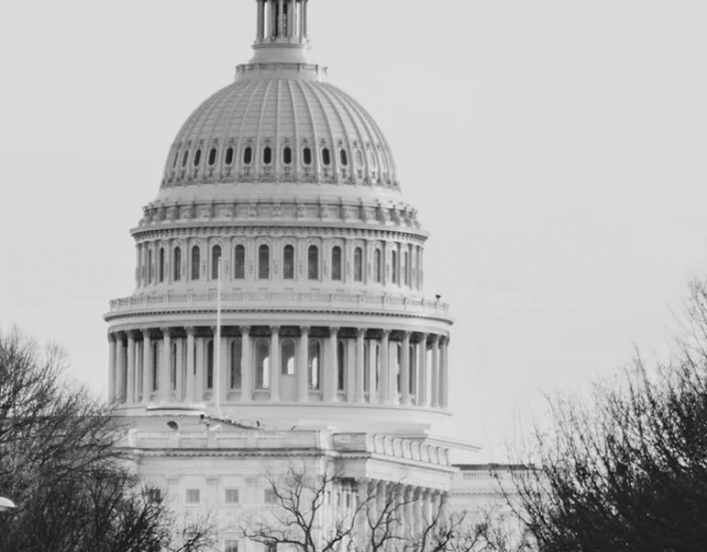All voting will take place online starting April 14. AAUW will again utilize Simply Voting, an independent, third-party voting system for this year’s vote. Most members will receive emails from vote@simplyvoting.com with their unique Elector ID and Password to vote.
All members without an email address on file or who have unsubscribed from AAUW national emails will receive a paper ballot by mail. No additional paper ballots will be sent during the voting period.
Voting will close on Tuesday, May 13 at 5:00 pm ET.
For branch leaders – please consider organizing a voting day, which can easily be done via Zoom or another videoconference platform. Schedule this as part of a branch meeting and have everyone vote online together!
AAUW’s third-party voting vendor, Simply Voting, will provide Elector IDs and Passwords to all members. This information will be e-mailed to members before voting begins (and voters will receive regular reminders if they have not yet voted). Voters without a valid email address on file or who have unsubscribed to AAUW’s emails will be mailed a paper ballot.
The AAUW bylaws require that submitted ballots equal in number to at least five percent of the votes entitled to be cast by members is the quorum required for a vote to be counted.
The AAUW bylaws require that the affirmative (yes) vote of two-thirds of the votes cast are required to amend the bylaws. The Public Policy Priorities can be amended with an affirmative vote of a majority of the votes cast.
After you submit your electronic ballot, a confirmation message will appear on the screen that you can print out as confirmation of your vote.
No. Once you submit a ballot, the results are encrypted and stored in Simply Voting’s database. Your Elector ID (which is unique only to you) is then flagged as “voted” and will not be eligible to vote on this ballot again.
A choice of abstain is neither for nor against the proposal. An ‘abstain’ choice would count towards quorum, but not in the for/against vote totals.
As is best practice in voting processes, the first submitted ballot is considered final. There are no changes, and any subsequent ballot submissions will be rejected.
Changes to the Public Policy Priorities are effective for the 2026-2027 fiscal years (July 1, 2025 through June 30, 2027). Changes to the bylaws would be effective immediately.
Related
2025 Member Vote

AAUW Public Policy Priorities

